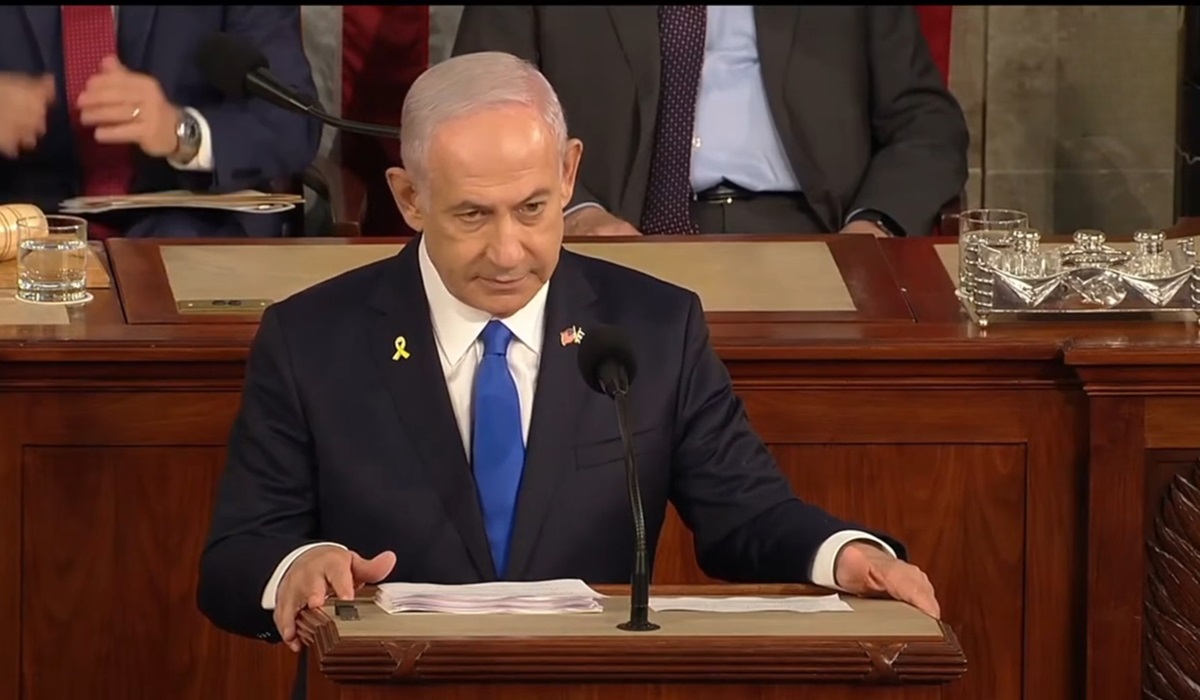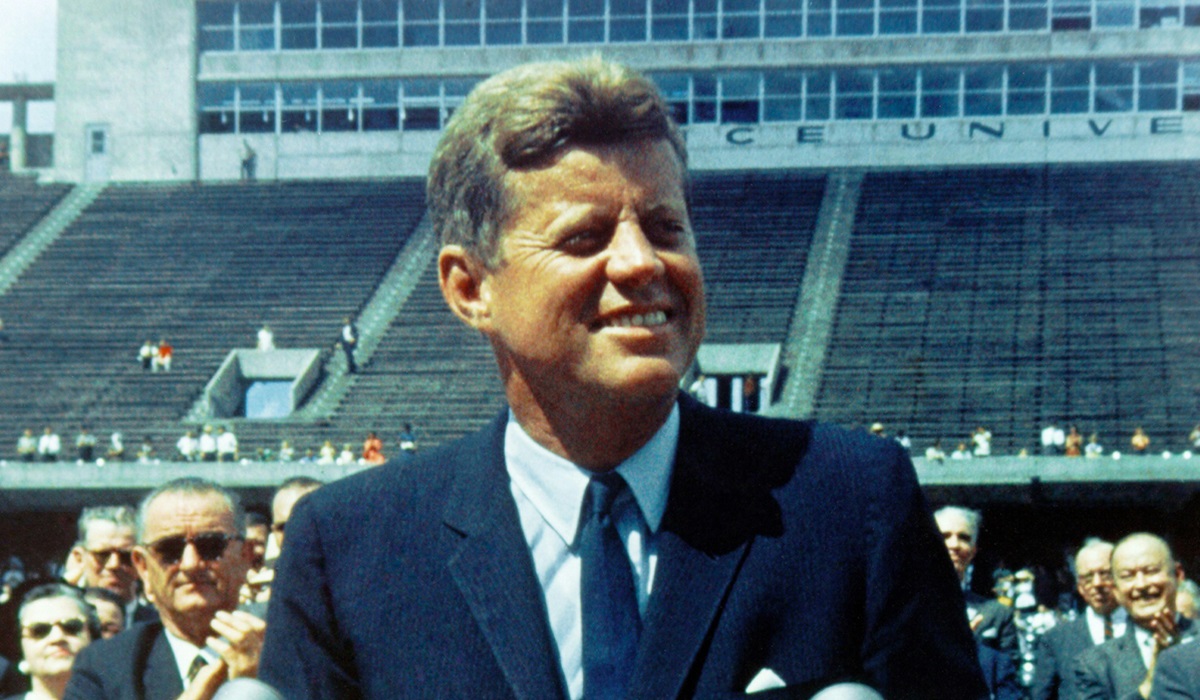Congress Grants Netanyahu A State of The Union Style Address, Amidst Widespread Protest
- TDS News
- U.S.A
- July 25, 2024

Israeli Prime Minister Benjamin Netanyahu’s recent address to the US Congress was marked by significant controversy and an opportunity missed by both political parties. In his speech, Netanyahu defended Israel’s actions in Gaza, asserting that Israel has taken every possible measure to protect civilians. However, the reality on the ground paints a starkly different picture. The death toll in Gaza has climbed to 39,000, and the region has been reduced to ruins, with no clean facilities, hospitals, toilets, or schools. The streets are filled with garbage, famine is widespread, and no aid or food trucks have entered Gaza since May. The Rafah border crossing remains closed, leading to severe shortages and the re-emergence of diseases like polio.
Amid this humanitarian crisis, Netanyahu’s speech emphasized the need for American involvement in protecting the region, suggesting that the US should play a more active role. This veiled call for deeper military engagement could draw America further into a conflict that many believe would be disastrous.
The response from American politicians was disturbingly enthusiastic. Many stood and applauded Netanyahu’s statements, showcasing a troubling display of support. Key Democrats, including Vice President Kamala Harris and high-profile figures like Senator Bernie Sanders, were notably absent, reflecting a divide within the party. This reaction highlighted a critical missed opportunity for Congress to challenge and refute Netanyahu’s narrative. Globally, outside of a small group of allies including the US and Britain, Netanyahu is often viewed as a controversial figure. This moment could have been used to question and scrutinize his policies, particularly in light of the dire situation in Gaza.
Independent Senator Bernie Sanders did not mince words, labeling Netanyahu a “convicted war criminal” and condemning the address as a political maneuver rather than a genuine effort towards peace. Sanders has long criticized the US’s military support for Israel, arguing that these actions amount to war crimes and genocide. Congresswoman Rashida Tlaib took a bold stand by holding up a sign labeling Netanyahu as a perpetrator of genocide, further emphasizing the widespread dissent.
The protests against Netanyahu’s visit were immense, with demonstrations erupting throughout the streets and even reaching the hotel where he was staying. Security concerns led to his relocation after reports emerged that his living quarters were found infested with maggots, leeches, and other unsavory creatures, adding to the chaotic backdrop of his visit.
The significance of Netanyahu’s presence in Congress cannot be understated. It is widely recognized that lobbying groups, including those supporting Israel, wield significant influence over American politics through financial contributions and donor support. While the importance of maintaining diplomatic relations with Israel is acknowledged, many argue that Netanyahu should not have been given a platform akin to a State of the Union address under the current circumstances.
This episode serves as a reminder of the complexities and challenges in balancing international alliances with moral and humanitarian considerations. Both parties in Congress missed a chance to address these complexities and to engage in a more critical and reflective dialogue about the situation in Gaza and the broader implications of US support for Israel. A vital opportunity for meaningful discourse and potential policy reevaluation was lost by allowing Netanyahu to address Congress without sufficient scrutiny.
American leaders must now take a decisive stand. They must recognize the humanitarian crises unfolding globally and act by the values of justice, peace, and the protection of human rights. This includes reevaluating the influence of lobbying groups and ensuring that all voices are heard and all perspectives considered. Congress must not be swayed by financial contributions and political pressure but must act in the best interest of global peace and justice. The time for action is now. American values and global humanitarian principles demand nothing less.








